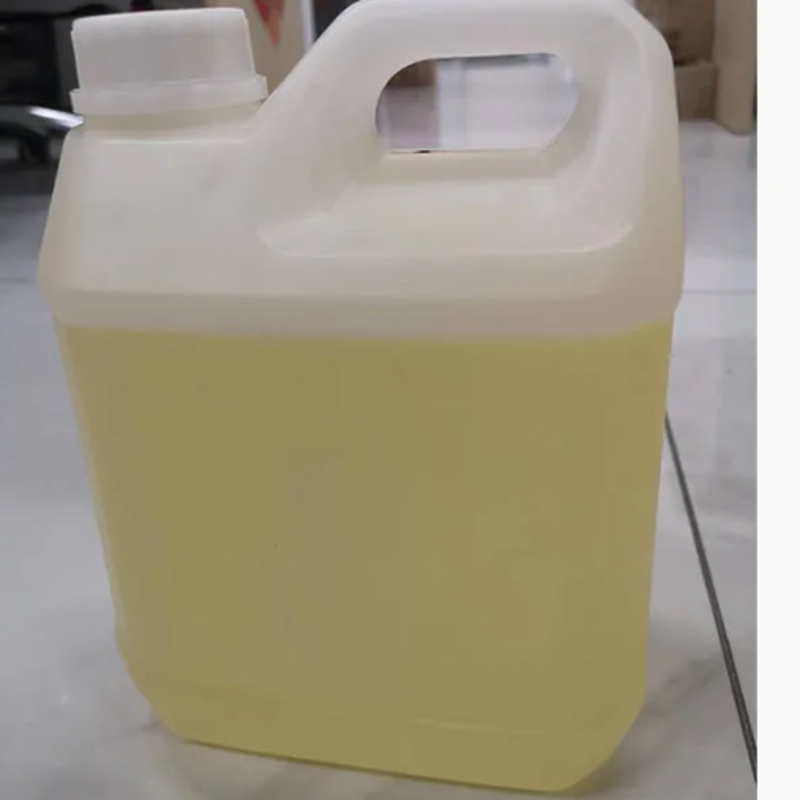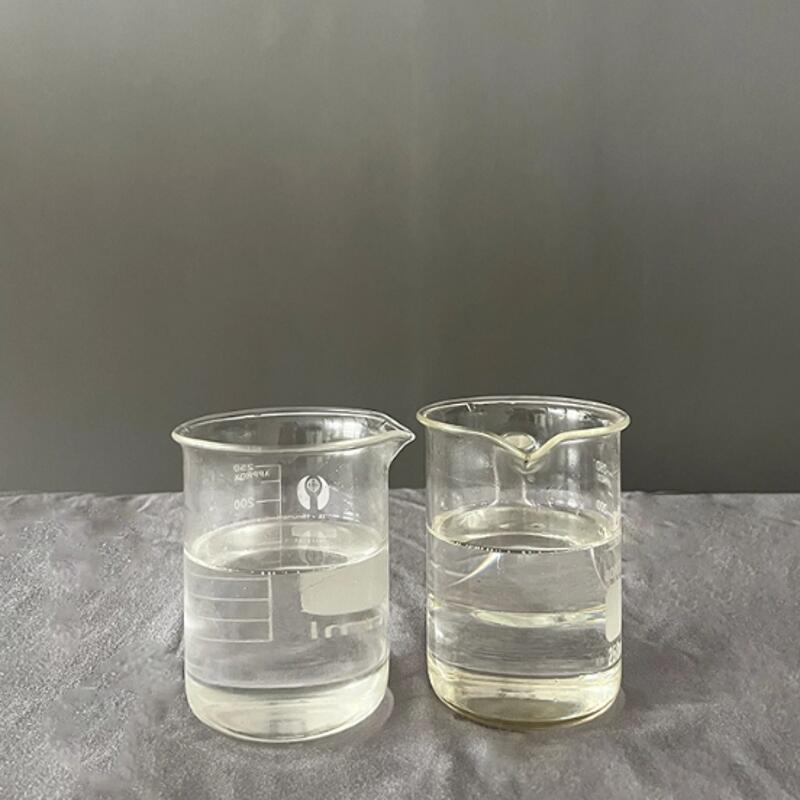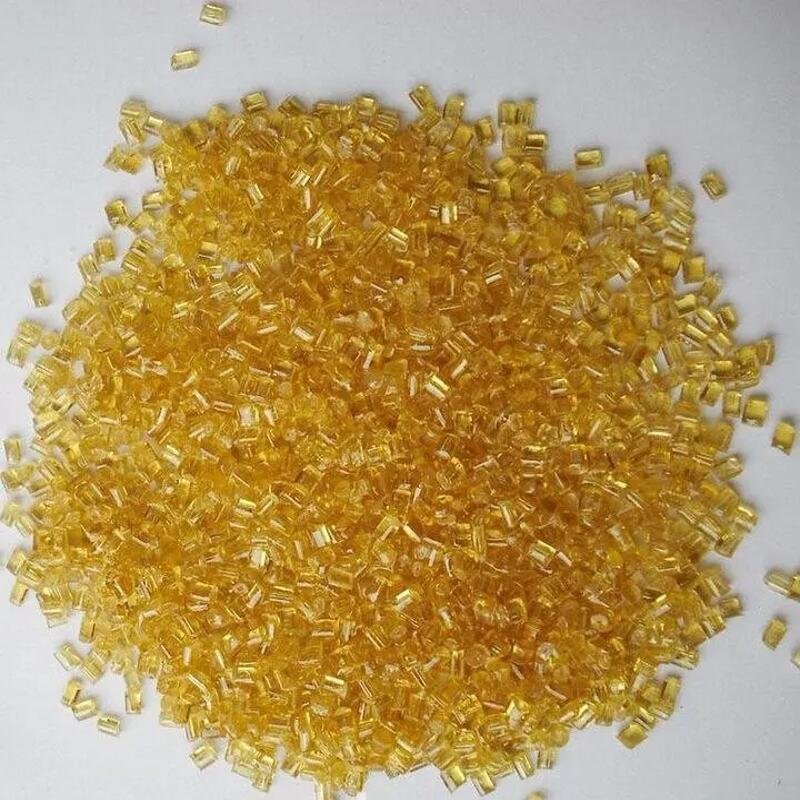-
Categories
-
Pharmaceutical Intermediates
-
Active Pharmaceutical Ingredients
-
Food Additives
- Industrial Coatings
- Agrochemicals
- Dyes and Pigments
- Surfactant
- Flavors and Fragrances
- Chemical Reagents
- Catalyst and Auxiliary
- Natural Products
- Inorganic Chemistry
-
Organic Chemistry
-
Biochemical Engineering
- Analytical Chemistry
-
Cosmetic Ingredient
- Water Treatment Chemical
-
Pharmaceutical Intermediates
Promotion
ECHEMI Mall
Wholesale
Weekly Price
Exhibition
News
-
Trade Service
At the beginning of the new year, the European Union banned the export of "foreign garbage", South Korea planned to reduce the production of plastic products and increase the recycling rate, Australia promoted the implementation of the "foreign garbage" export ban through the "Recycling and Reduction of Waste Act 2020", and France stopped the production of single-use plastics products, Greece bans the purchase of single-use plastic products
.
01.
France
France France
First ban in France 2021: From January 1, 2021, single-use products such as single-use plastic straws, cutlery or blenders will no longer be produced
.
From January 1, 2021, single-use plastic straws will no longer be produced
In addition, other single-use plastic items will gradually disappear from life, such as plastic beverage bottles, balloon sticks, plastic glitter and packaging scraps
.
From 2021, expanded polystyrene boxes used by fast food restaurants to package food such as kebabs are also on the list of prohibited items
.
"We will see them in circulation for another six months, but the good news is that these products will be discontinued
," said Juliette Franquet, president of the French "Zéro déchet" association
.
In fact, because of the epidemic, this policy has also made certain concessions
.
Originally planned to be implemented in January 2021: "The ban on plastic packaging of fruits and vegetables weighing less than 1.
5 kg" has been postponed for a year, in order to give manufacturers time to adapt
.
Straws, originally planned to be banned in January 2020, are now available in washable versions (like stainless steel), as well as in paper, bamboo and even straw
.
"We're careful with 'good methods' that look great, sometimes they're harmful to humans, and some are actually less environmentally friendly
.
The best thing to do is to encourage reuse, wash and recycle,
" advises Juliette Franquet
.
Other bans will take effect gradually in 2021, such as fast food restaurants banning free distribution of plastic toys
.
The end result of this plastic restriction is to hope that in the future, plastic containers for shampoo, body wash or laundry detergent will also disappear from our homes
.
02.
Greece
Greece Greece
The Secretary-General of the Ministry of Natural Environment and Water Resources of Greece, Alavosis, announced on December 30 that the procurement of single-use plastics in the public sector will be terminated on February 1, 2021, an important step towards achieving the goal of "plastic-free"
.
According to the regulations, from February 1, Greek public institutions will stop purchasing plastic cutlery, plates, straws and drink stirrers, Styrofoam food and drink containers and lids, and all non-biodegradable plastic products
.
Greece's Ministry of Environment and Energy called the ban "an important step towards ending the use of single-use plastics in Greece"
.
The total plastic ban will be implemented on July 3, 2021
.
The European Commission has earlier issued a ban requiring member states to ban the use of 10 single-use plastic products by 2021
.
Under this policy framework, Greece actively promotes legislation and plans to phase out the use of single-use plastic products in 2020
.
The Greek government will increase the cost of using plastic products as a primary measure
.
In 2019, the price of each plastic bag in Greece was increased by 125%, and the proceeds from the sale of plastic bags were handed over to the Greek Recycling Agency for environmental protection projects
.
The move was immediate
.
According to a survey released by the Greek Institute of Retail Consumer Goods in February this year, compared with 2017, the use of single-use plastic bags in Greek supermarkets fell by 98.
6% in 2019, a decrease of 1.
75 billion
.
Meanwhile, Greeks have purchased more than 17 million reusable bags, and distribution of biodegradable plastic bags has soared to 37 million in 2019
.
According to the Greek government plan, from July 1, municipalities across Greece must equip all playgrounds and municipal sports facilities with drinking water taps so that bottled water is no longer required
.
From January 1, 2022, Greece will impose an environmental tax on plastic cups and lids and single-use food containers, with the proceeds going to a special "green fund" to take action to protect the marine environment
.
The Greek government has stipulated that, by 2023, producers of single-use products must establish their own recycling systems or participate in existing recycling systems
.
Sarelax, head of the "Aegean Re-Breath" organization, pointed out: "For the plastic restriction order, shops and restaurants need to be more adequately prepared
.
We look forward to having cheap plastic alternatives as soon as possible
.
" The head of the Greek environment department, Marie Na Papadakis said: "We are still working hard
.
In the future, Greece will continue to promote recyclable waste bins in restaurants, markets, supermarkets and other areas where people are concentrated, and raise people's awareness of waste sorting
.
At the same time, the government is actively working with All parties work together to speed up the introduction of alternatives to plastic products
.
"
This year is the first year of the total waste ban.
With the support of the plastic ban and the national recycling plan, will waste plastic recycling usher in a new change?







